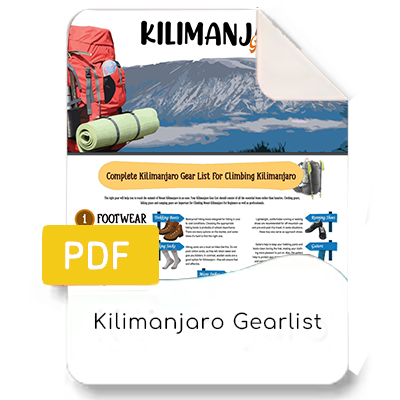YOUR HEALTH MATTERS
Kilimanjaro Health & Medications
Strictly speaking from a health perspective, Mount Kilimanjaro is a relatively safe place. Once you ascend above 6,000 feet there are no malarial mosquitoes or other tropical parasites lurking. However, at high altitude, medically you’re not out of the woods yet. Kilimanjaro Health & Medications – To make your trek safer, please bring the following prescription medications, which your medically qualified guide is familiar with.
According to Hans Meyer (1st man to reach Uhuru Peak in 1889), the Chagga treated their cuts and scars with a liberal application of cow dung. We advise you not to follow in his footsteps. Pack a medical kit with you onto the Kilimanjaro Hike. Even though many of the mountain huts have first-aid kits, take one anyway just to be on the safer side. You may never know when you’re gonna need it.
Additional Medication Just In Case
Prepare for the unexpected with extra medications to keep you safe on your journey.
Is acclimatization that important? Yes! A big and loud yes.
Diamox
This is a prescribed drug for Kilimanjaro Acclimatization. Typically you should start 2days before climbing Kilimanjaro and continue till you reach the summit. But we advise you to take one a little earlier just to be certain you are not having any reaction to it.
Decadron
In case of acute mountain sickness, your Kilimanjaro guide may ask you to take this. However please don’t take this on your own without his advice. Do not take this drug while descending. If a hiker doesn’t acclimatize properly and continues to exhibit serious altitude sickness symptoms then it’s Jerry Tanzania tours’ policy to take him to the hospital immediately.
Zfran
Acute mountain sickness can cause severe bouts of nausea. In that case, Zofran can reduce nausea without any side effects. Also, you may use this once on the ascent to give yourself a few hours to acclimatise. Because if you fail to acclimate properly and continue to exhibit symptoms of altitude sickness then you may have to descend.
Ambien Zolpidem
It's an effective drug to treat insomnia in adults. One of the major symptoms of altitude sickness is sleep deprivation. That’s where this drug will help you sleep, giving you a decent opportunity to rest and regain your strength.
Medical Facilities
Stay reassured—know what medical support is available during your Kilimanjaro adventure.
Mostly, Tanzania has limited medical facilities outside of Dar es Salam. The Kilimanjaro Christian Medical Center in Moshi is the nearest hospital. With facilities like Anesthesia, Child Health and Pediatricians, Dental Care and Oral Hygiene, Ear – Nose – Throat, Eye Ophthalmology, General Surgery, Gynaecology/Obstetrics, Internal Medicine, Dermatology, Orthopaedics, Urology, Casualty along with Emergency Medicine. You can also find medical facilities at; Mount Meru Government Hospital, Arusha, and Selian Lutheran Hospital – Arusha.
Fortunately, any ailments you’re likely to encounter on your visit to East Africa can easily be treated. The most common ailment is altitude sickness and all the medical facilities are pretty well equipped to deal with any possible side effects of altitude sickness
Vaccination Required Before Climbing Kilimanjaro
Get the essential vaccinations you need before stepping onto Kilimanjaro’s legendary paths.
| Strongly Advised Vaccinations |
Sometimes Advised Vaccinations |
| Hepatitis A – This can be spread via contaminated food and water. |
Hepatitis B – This illness is spread via contact with blood or bodily fluids. It is many, many times more virulent than HIV/AIDS. Some 8% of the population of Tanzania are believed to carry the virus. |
| Tetanus – Tetanus is often present in the soil, and can contaminate open wounds easily. Tetanus vaccine should be used every ten years if travelling. |
Rabies – Rabies is spread via contact between the saliva of any infected animal and an open wound (including bites, but also licking existing wounds). Rabies is fatal unless treated, and treatment of an unvaccinated rabies patient can be very difficult in many parts of Tanzania. |
| Typhoid – Typhoid can also be spread via contaminated food and water, and poor hygiene. |
Tuberculosis – TB is generally contracted through inhaling airborne sputum. |
| Diphtheria – This potentially fatal disease is spread mainly via spit, but occasionally through contact with cuts on the skin. |
Cholera – Cholera is spread via contaminated food and water, and poor hygiene. |
| Yellow Fever – This can be contracted by being bitten by a contaminated mosquito. This vaccination is not essential if you are arriving directly in Tanzania. You do need it though if you plan to arrive through any country that is subject to yellow fever. Simply stopping over at an airport in an affected country should not require vaccination, but leaving the airport even briefly would make it necessary. |
Measles – This disease is spread through inhaling sputum. |
Kilimanjaro Health & Medications FAQs
A healthy climb is a happy climb—plan with care.
Malaria is very common in Tanzania. Therefore trekkers may at risk of contracting the disease. It will recommend that to take malaria tablets on Climbing Mount Kilimanjaro.
Yes, It will help you touch the summit safely should be measured a worthy deal. It is recommend to taking Diamox for 2-3 days 2 weeks before leaving to test whether you experience any side effects or not.
Yes, Tanzania is meant to be get vaccine. As there are most probabilities of getting malaria and yellow fever. So it is advisable to have vaccination especially for passing through the rainforest. During Kilimanjaro Climb.
The machine for check the pulse rate, blood pressure. The Diamox, pain killer. Cramp sprain spray. First aid box with basics are the major things to carry out through the Climb Kilimanjaro.

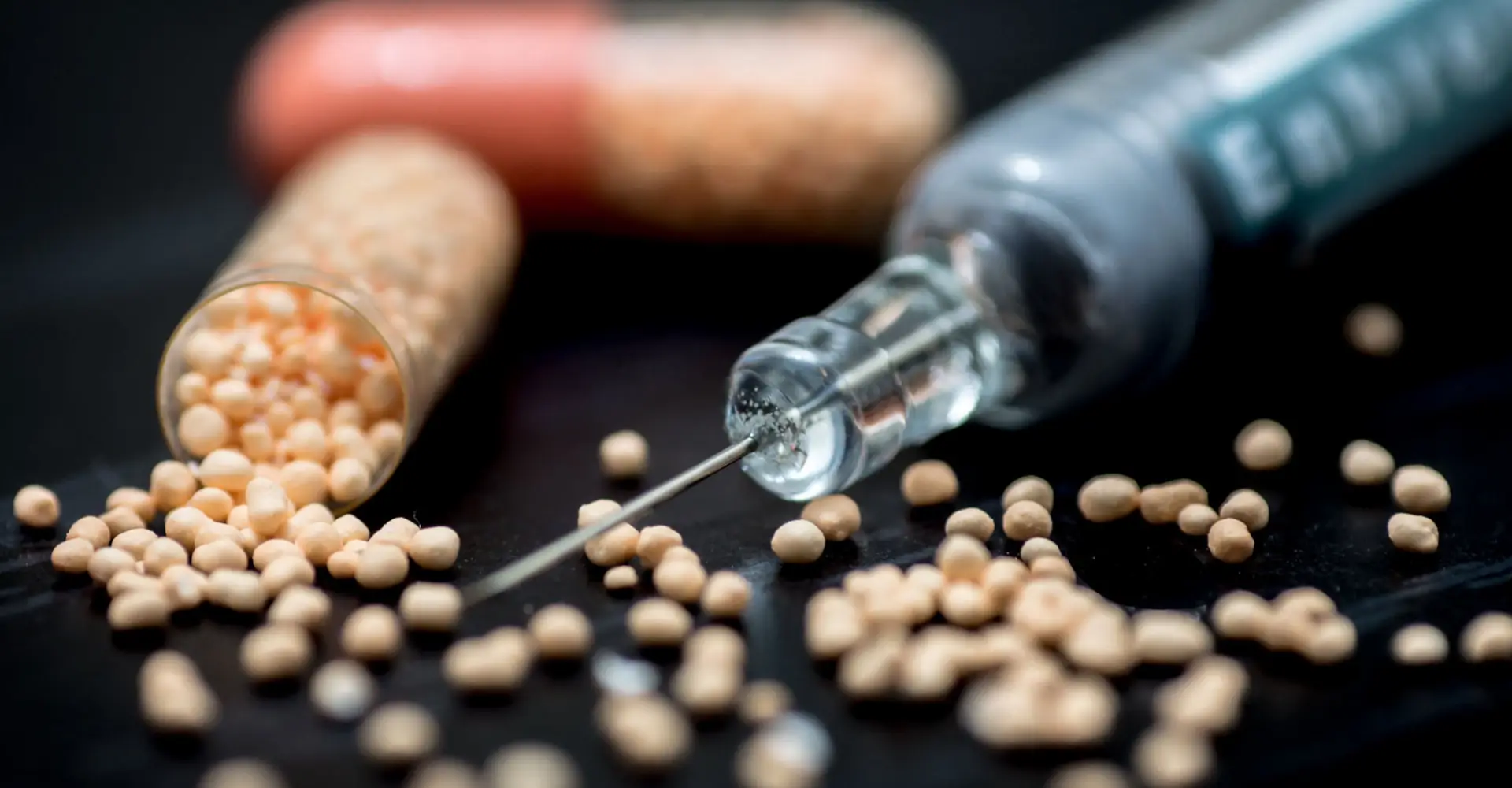
 Ibuprofen/Aspirin/Paracetamol;
Ibuprofen/Aspirin/Paracetamol;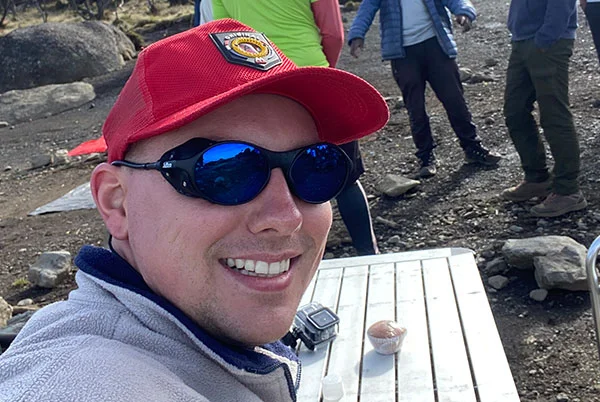
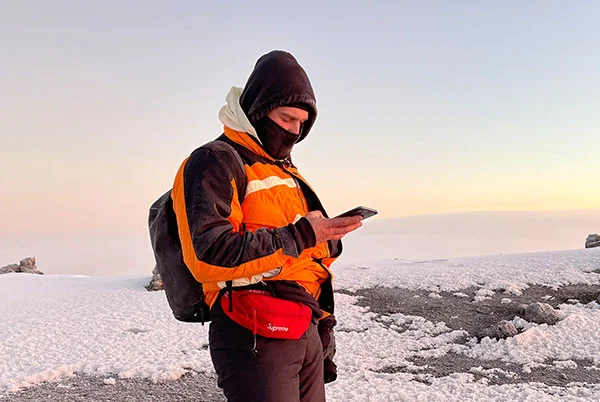
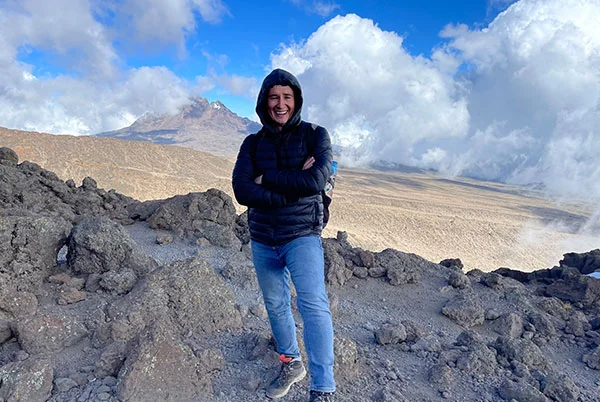
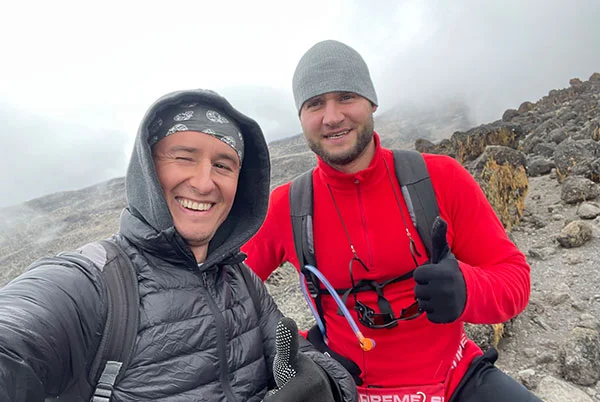

 Whatsapp
Whatsapp Chat Online
Chat Online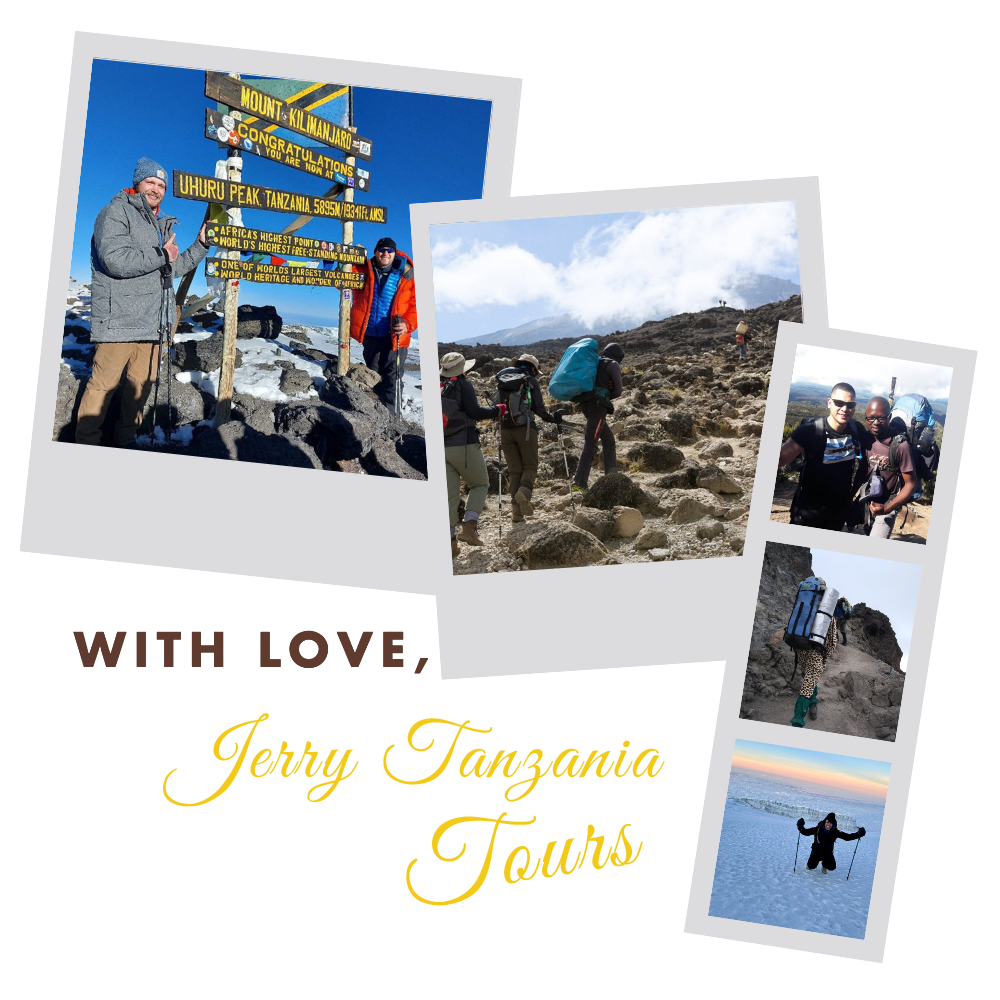

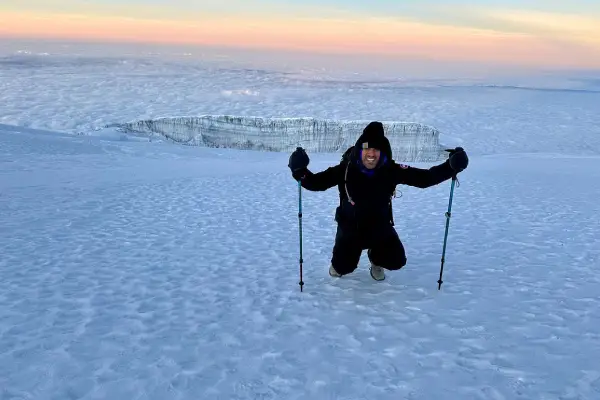




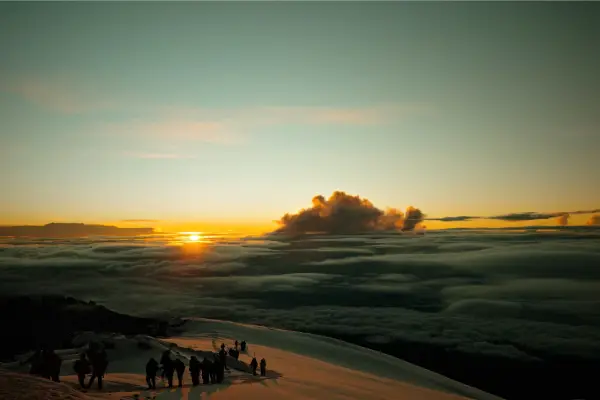
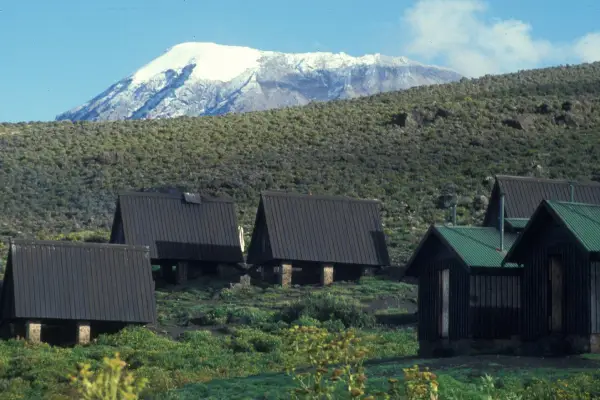
 Subscribe On Youtube
Subscribe On Youtube
 1 Year ago
1 Year ago







